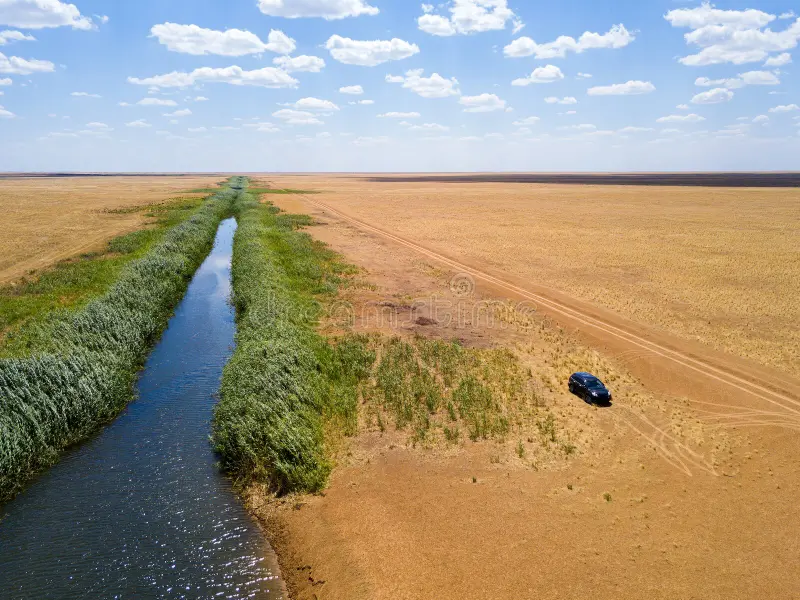CDWP clears Cholistan Canal project despite Sindh’s strong objection
ISLAMABAD – The Central Development Working Party (CDWP) has given nod to the construction of Cholistan Canal and Systems-Phase I despite strong objection from the Sindh province.
The Central Development Working Party (CDWP) has recommended the project related to the construction of Cholistan Canal worth Rs211.340 billion to the Executive Committee of the National Economic Council (ECNEC) for further consideration, official source told The Nation. During the meeting of CDWP, the representative of Sindh government asked the forum to wait for the decision of Council of Common Interests (CCI) on the construction of Cholistan Canal, the source said.
The CDWP, which met with Minister for Planning, Development and Special Initiatives Ahsan Iqbal in chair, who is also deputy chairman Planning Commission, was asked by Chairman Sindh Planning & Development Board that the province is taking the project to CCI for consideration, the source maintained. He requested the forum to defer the approval of Cholistan Canal till the final decision of the CCI, source added.
According to the source, Sindh has raised objections to construction of Cholistan Canal Chobara Branch and conditioned its construction of the canal with the increase in water availability. Sindh has conveyed its objections to the Ministry of the Water Resources. According to Sindh’s stance, the availability of water should be increased before constructing the proposed canal. Sindh fears that the construction of the canals will reduce the province’s share of water.
According to Punjab stance, Cholistan Canal will get flood water for four months while water will be supplied from the Punjab part for the rest of the month. However, Sindh is not ready to accept the Punjab’s stance.
In response to Sindh’s objection, the Ministry of Water Resources has conveyed that the Ministry cannot solve this problem and the province should raise the issue in the CCI. Similarly, the Executive Committee of the National Economic Council had also linked the proposal for the construction of various canals, including Cholistan Canal, under Green Pakistan Initiative, with the approval of the CCI. In February 2024, the Executive Committee of the National Economic Council had conditionally approved a plan titled “Development of National Irrigation Network for Green Pakistan Initiative, “the source said.
However, to allay the concerns of the provinces, the approval of the proposal was subjected to approval by Council of Common Interests (CCI), the source said. The development of national irrigation network for Green Pakistan Initiative plans for the construction of various canals including Cholistan Canal, Greater Thal Canal (GTC), construction of Kachhi Canal, construction of Rainee Canal, construction of Thar Canal and construction of Chashma Right Bank Canal (CRBC). The province of Sindh has serious reservations over the construction of Cholistan Flood Feeder Canal and Greater Thal Canal (GTC), the source said.
Green Pakistan Initiative (GPI) is a flagship project under the ambit of Special Investment Facilitation Council (SIFC) undertaken through collaborative efforts by Pakistan Army with federal/provincial governments with an aim to enhance agriculture potential of Pakistan by increasing cultivable areas. Launched in 2023, pilot project under the ambit is the Corporate Agriculture Farming effort in Greater Cholistan. The idea is to bring 400,000 acres of desert body of Cholistan under cultivation in the phase-I. To achieve the goal, the construction of Cholistan Flood Feeder Canal has been proposed.
The Sindh government has decided to present its case against the Cholistan Canal to the CCI. The technical section of the Planning Commission also recommended to the CDWP that Cholistan project consideration may be subjected to approval of CCI. However, the CDWP that met last week, recommended the construction of Cholistan Canal and Systems-Phase I worth Rs211.340 billion to ECNEC for further consideration. The project is proposed to be financed through Annual Development Plan of the Punjab government.

